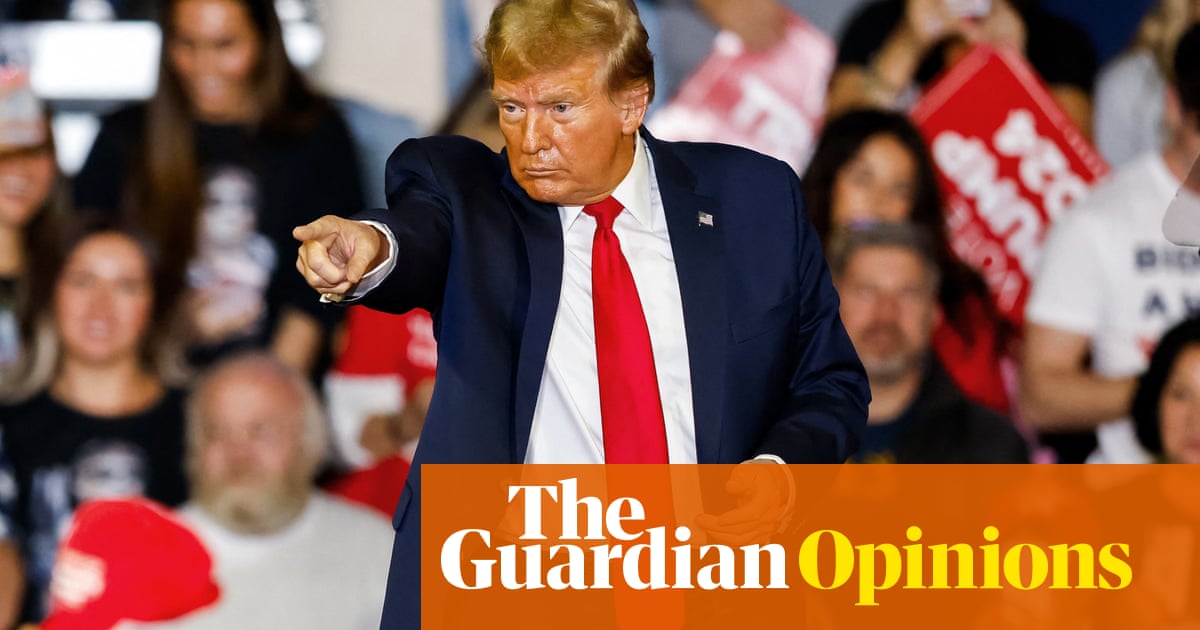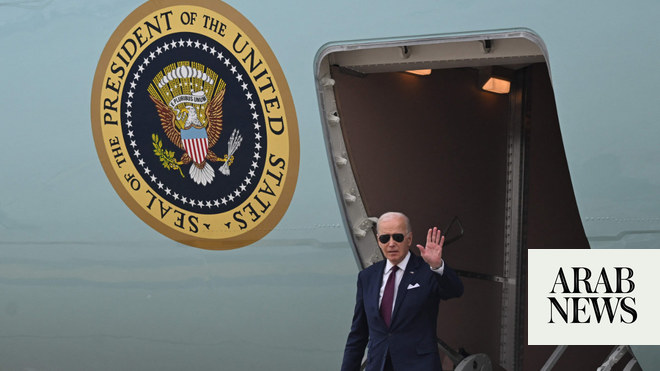
The British government has taken the first steps to unravelling its agreement with the EU on Northern Ireland – the so-called Northern Ireland protocol. Many Europeans are baffled by this. How can the government – which not only signed this legal agreement but negotiated it “word by word, comma by comma”, to quote the EU’s Brexit negotiator Michel Barnier – just tear up a binding international treaty that only came into force last year?
But surprised, they are not. Not really. Because in its relationship with the EU, the UK is increasingly starting to behave like Russia – by unilaterally creating facts on the ground.
Of course, there are many obvious differences between what Russia is doing in Ukraine and what the UK is doing in Northern Ireland. Russia has launched a war to flush European influence out of Ukraine, while the UK is “only” deploying non-military obstruction. But there are striking similarities: Moscow and London deliberately violate international treaties they themselves signed and both antagonise the EU in order to further their geopolitical ambitions. Russia and the UK may be fierce adversaries in Ukraine. But their behaviour is driven by a similar deep and growing frustration with their own inability to exert geopolitical influence.
Russia and the UK both sit on the fringes of Europe. Both have always had one foot in Europe and one outside, geographically, politically and culturally. At times these ambiguities are politically useful. Both are former imperial powers that played an important role in Europe’s security architecture for centuries, and at the same time had most of their territory, subjects and interests outside Europe. Most of Russia’s landmass was in Asia, as difficult to keep in the fold as tropical outposts were for the British empire. Europe was just one of many chessboards on which Moscow and London made their geopolitical moves.
Decolonisation and the collapse of the Soviet Union changed this. London and Moscow felt weaker and this brought them closer to Europe. Partly to compensate for its colonial loss, the UK even became a member of the then European Communities in 1973. Russia never became a member of the EU. But after the dissolution of the Soviet Union in 1991 there were discussions about Russian Nato membership and Russian rapprochement with the EU internal market. Russia did become a member of the Council of Europe (the leading human rights organisation, encompassing 46 European member states) and even Eureka, the European innovation network. It also organised a structured, supposedly close partnership with Nato.
Both for Moscow and London, however, joining some European structures was a frustrating experience. At the Congress of Vienna, in 1814-15, Russia and Britain had together decided on the future of the continent with just three other large powers: the Habsburg empire, France and Prussia. But in postwar Europe, things didn’t work that way any more. In the EU and other European rules-based clubs, the big powers often had only as much influence as smaller member states. They were just one among many. Since 1945, Europe has been all about keeping large countries in check to protect smaller nations. All must play by the same rules.
This idea never went down well in London and Moscow, more comfortable as they are with power politics. They felt belittled, constrained and, sometimes, ridiculed. Thus began, almost at once, a slow process of alienation – away from Europe, and back to ghosts and fantasies.
Brexit did not fall from the sky. Nor did the war in Ukraine. Russia and the UK are now ready to bring about a world in which respect for power is the law, and where size of armed forces or landmass matters. Last year, in a profile of Boris Johnson in the Atlantic magazine, an aide to Johnson confirmed as much, saying that the UK could not keep supporting a multilateral, international system that was broken. Britain has been “living out a foreign policy of a world that has gone”, he said. With Beijing and Moscow showing everyone the limits of the rules-based order, “Britain can no longer afford to be a ‘status quo power’ naively trying to resurrect a defunct system.”
Russia and the UK are now the only large European countries outside the EU. But they are as dissatisfied outside European structures as they were inside them. Their resentment is undiminished. As an economic superpower, the EU projects its rules – embedding its values and principles – far beyond its borders. Its prosperity acts as a magnet for countries without imperial complex. When Ukraine concluded an association agreement with the EU, at its own request, Russia only saw one way to react: disruption. In 2014 it occupied parts of eastern Ukraine and annexed Crimea, even though in 1994 Russia had explicitly guaranteed Ukrainian sovereignty (in exchange, Ukraine dismantled its nuclear arsenal). The same had happened to Georgia.
Unlike Russia, the UK has a long democratic tradition. But seeing the Northern Ireland protocol working well for the majority of citizens in Northern Ireland and that the Northern Irish economy is, post-Brexit, turning towards Ireland and the EU, the UK government has a similar kind of response as Russia when it sees Ukraine drifting towards Europe: disruption. It turns to its “former great power” toolbox to undermine the protocol, such as facilitating smugglers targeting the EU’s single market.
At a conference in Berlin on Sunday, Wolfgang Schmidt, the head of the chancellery in Germany – and the closest adviser to the chancellor, Olaf Scholz – identified what he believed was at stake for the EU since the invasion of Ukraine and Putin’s attempt to “turn back the clock”. It was, he said, “whether power is allowed to prevail over the law”.
Finally, both Russia and Britain were always keen to see European powers weaken each other. That reflex is still there. The European Union, with all its imperfections, is the polar opposite of these medieval power games, and is therefore a fundamental threat to their outdated vision of the world. This is why they are now, each in their own way, out to undermine the EU.
Caroline de Gruyter is a Dutch author and Europe correspondent for NRC Handelsblad












